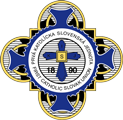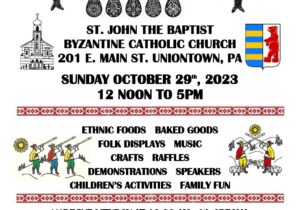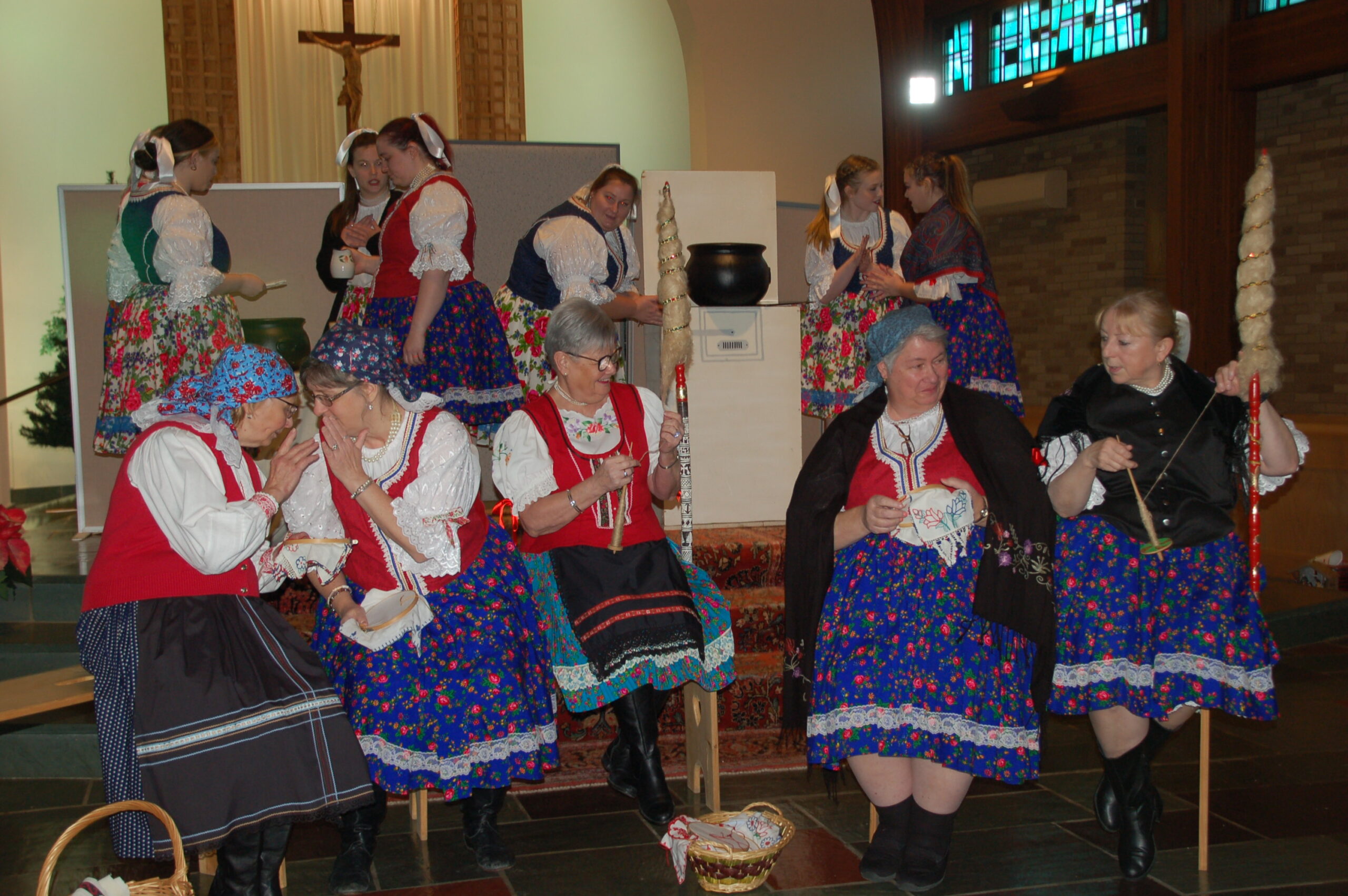Slovaks have traditionally observed Holy Week (Pašiové týžde?) as a time of fasting and intense prayer. Their folk customs followed a detailed set of rules and rituals that assisted in making the commemoration of Christ’s passion, death and resurrection a real part of their lives. Slovaks prepared for the holy days by cleansing both their homes and their souls in preparation for Ve?ká Noc, the Great Night, or Easter Sunday.
With their turbulent history of occupation and oppression by foreign lords and other states, Slovaks could identify with the passion of Christ. His rising from the dead offered something the Slovak people could hope for – eternal life when they leave a world full of uncertainty and hardships. Similar to the Polish people, Slovaks identified their lives and their nation’s experiences with the sufferings of Christ and his ultimate victory over sin and death.
During Holy Week, Slovaks fasted and cleaned as they made ready for the Easter feast. Fasting was a way of purifying themselves and trying to get ready for the Holy Day with a freshly cleansed soul. They prepared themselves both physically and spiritually, and observed the obligation to go to Confession so that their souls would be spotless during this holy season. To this day, Catholics must receive the sacrament of Penance at least once a year, and often that occurs during Lent (pôst) to prepare for Easter.
The three days before Easter (the Tridium), Easter itself, and Easter Monday, were all special days in Slovak culture. Unlike here in America, all these days remain a public holiday. Slovak businesses and even all offices close on Good Friday, Holy Saturday, and Easter Monday. But before the joy of Easter, one had to experience the sadness of Christ’s passion.



